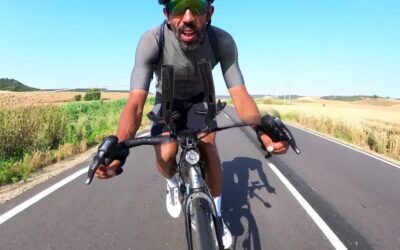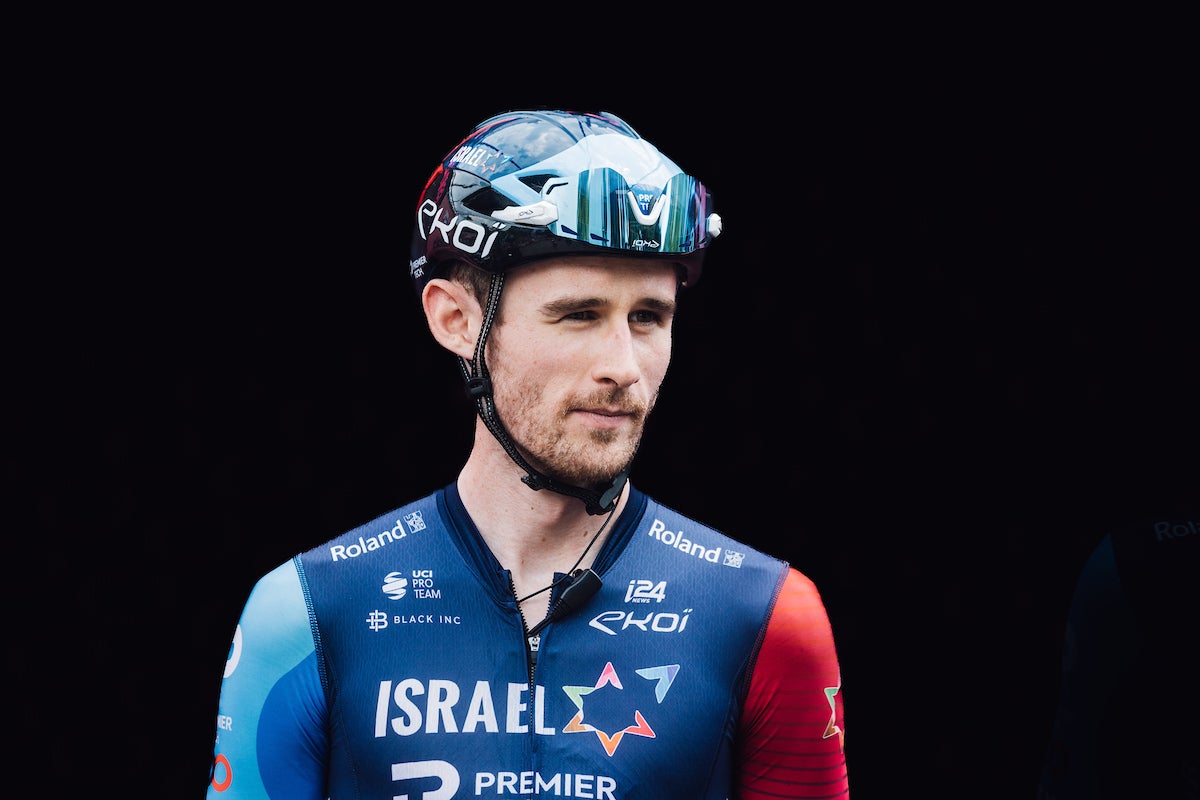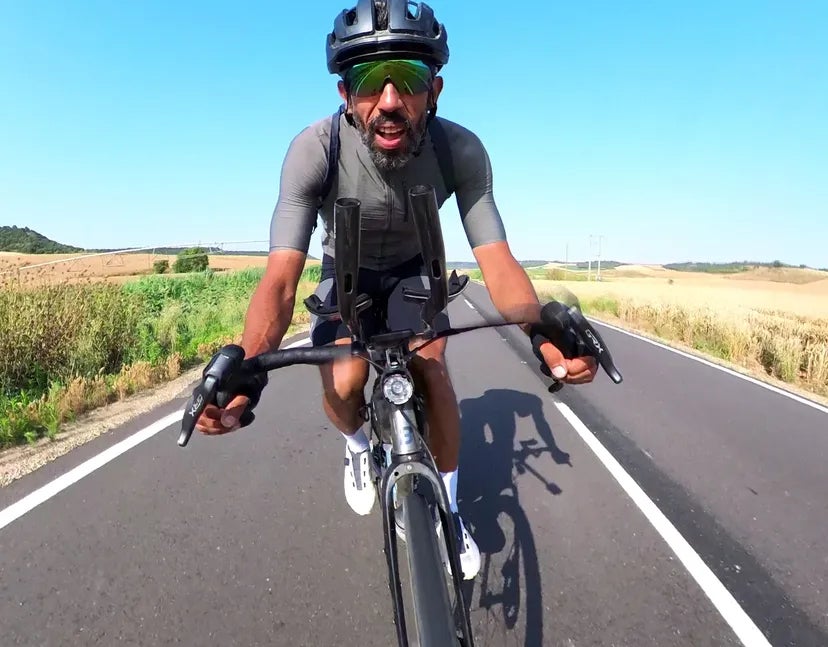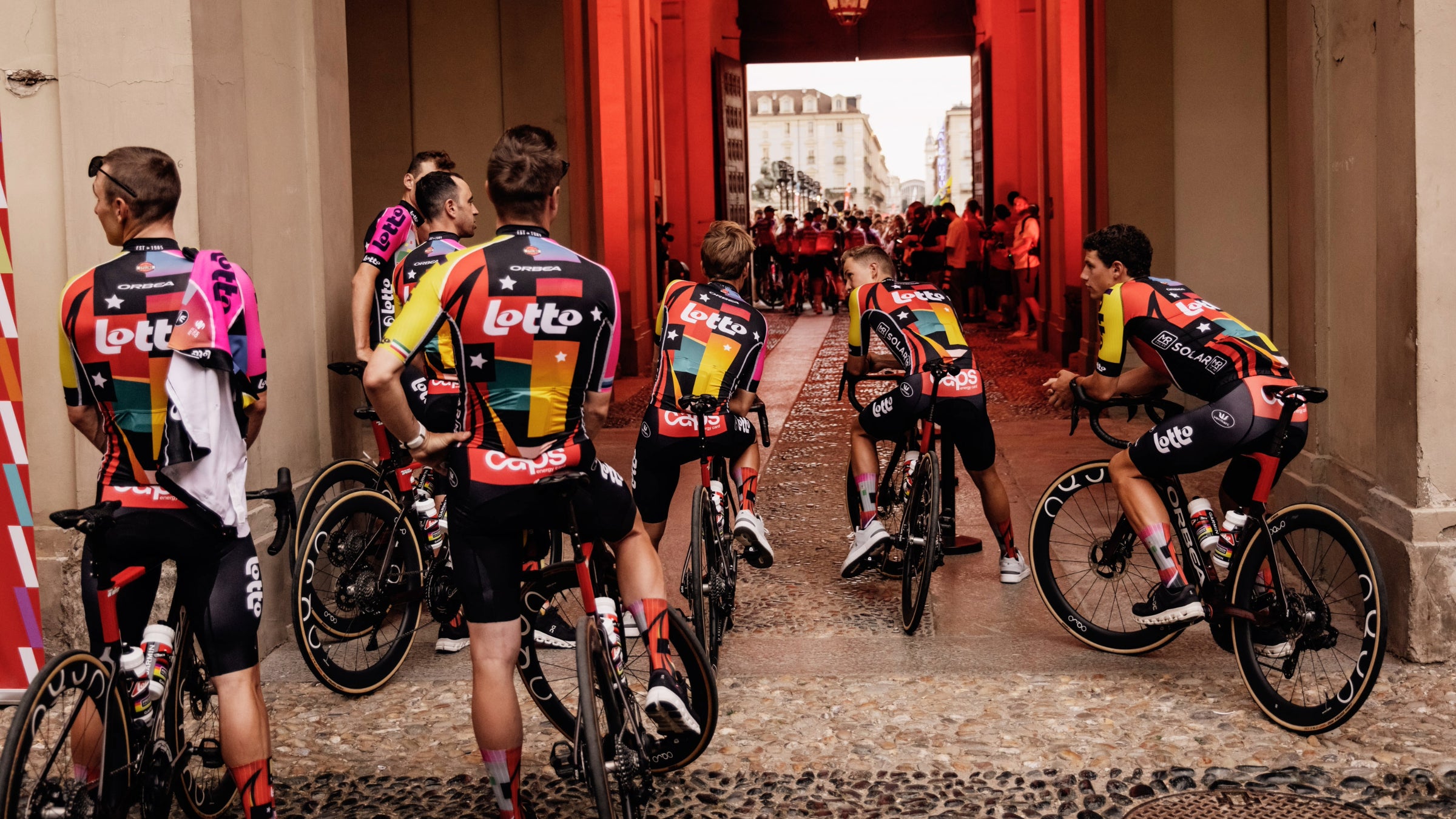Derek Gee vs. Israel-Premier Tech: A Cyclist’s Ethical Dilemma
In the world of professional cycling, the interplay of personal principles and team dynamics often shapes a rider’s career. Recently, Canadian cyclist Derek Gee made headlines for his bold decision to terminate his contract with Israel-Premier Tech, citing ethical concerns. Now, he finds himself facing a staggering €30 million damages claim from the team. What lies behind this controversy, and what does it mean for the future of cycling?
A Stand for Principles
Derek Gee’s rise in the cycling world has been meteoric, particularly during the events of 2023. However, despite his successes, he recently announced his departure from Israel-Premier Tech, stating he could no longer ride under the prevailing circumstances. His departure stems from a deeply personal place—one rooted in safety and moral concerns. In his words, Gee emphasized that his decision was motivated by principles rather than monetary gain.
He acknowledged the difficulties of leaving a team that brought him great opportunities but highlighted that personal beliefs must come first. Gee’s statement reflects a growing acknowledgment among athletes today—the importance of standing up for one’s values, even at a high cost.
The Team’s Perspective
While Gee has made his stance clear, the leadership at Israel-Premier Tech is presenting a contrasting view. According to team owner Sylvan Adams, the impending rebranding and structural changes are aimed at moving forward from this turbulent chapter. The substantial damages claim suggests that the team is not merely letting the situation go without a fight. They see Gee’s departure and the ramifications as an issue requiring redress.
In a landscape where financial implications often overshadow personal narratives, this confrontation raises pertinent questions about the responsibilities of teams and athletes to each other. What happens when a rider’s ethical standards conflict with those of their team? The coming months will be crucial in determining how both parties navigate this complex situation.
Broadening the Cycling Dialogue
This incident is not an isolated one; it coincides with a broader trend in sports, where athletes increasingly wield their voices for social justice and ethical accountability. From protests during major events to public declarations of intent, athletes like Derek Gee are paving the way for a new form of advocacy in sports.
For cyclists, it’s essential to remember that the sport is not merely about competition, but also about the values we uphold. As an enthusiast myself, I encourage all riders to reflect on what they stand for. Whether you’re an elite cyclist or a weekend warrior, your choices off the bike can be just as significant as those on it.
Takeaway
In the cycling world, like in life, standing up for what you believe in comes with risks, but it can also lead to profound shifts—for both individuals and the larger community. Derek Gee’s situation presents a compelling narrative about ethics vs. financial considerations within competitive sports. As cycling continues to evolve, let’s hope it embraces the values that drive not just races, but the very essence of the human spirit.
Original article: Click here











